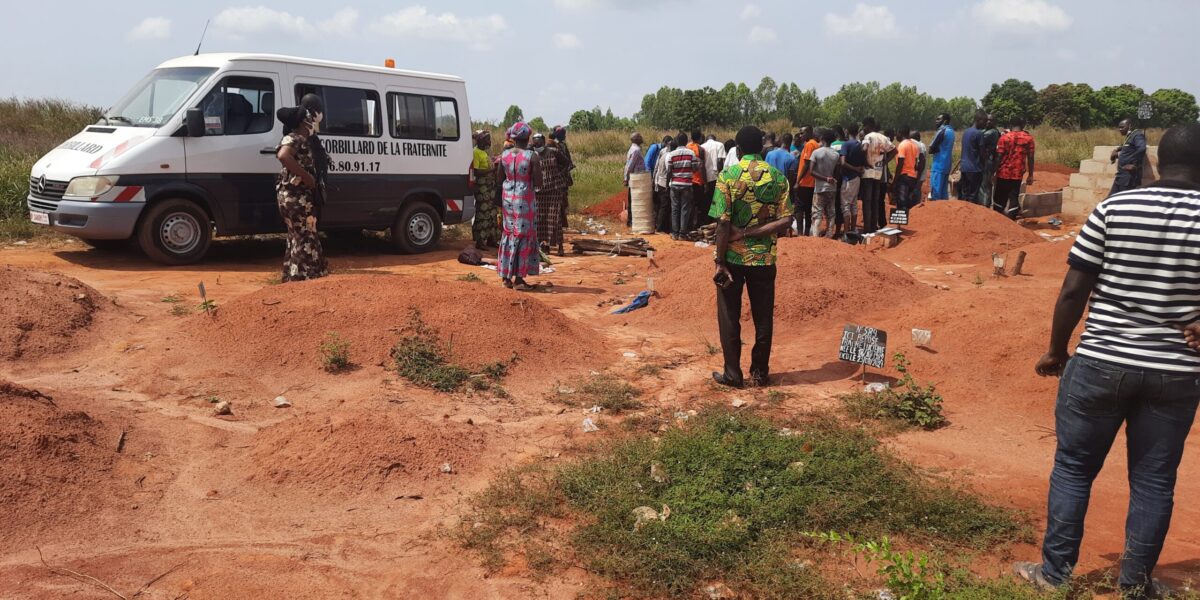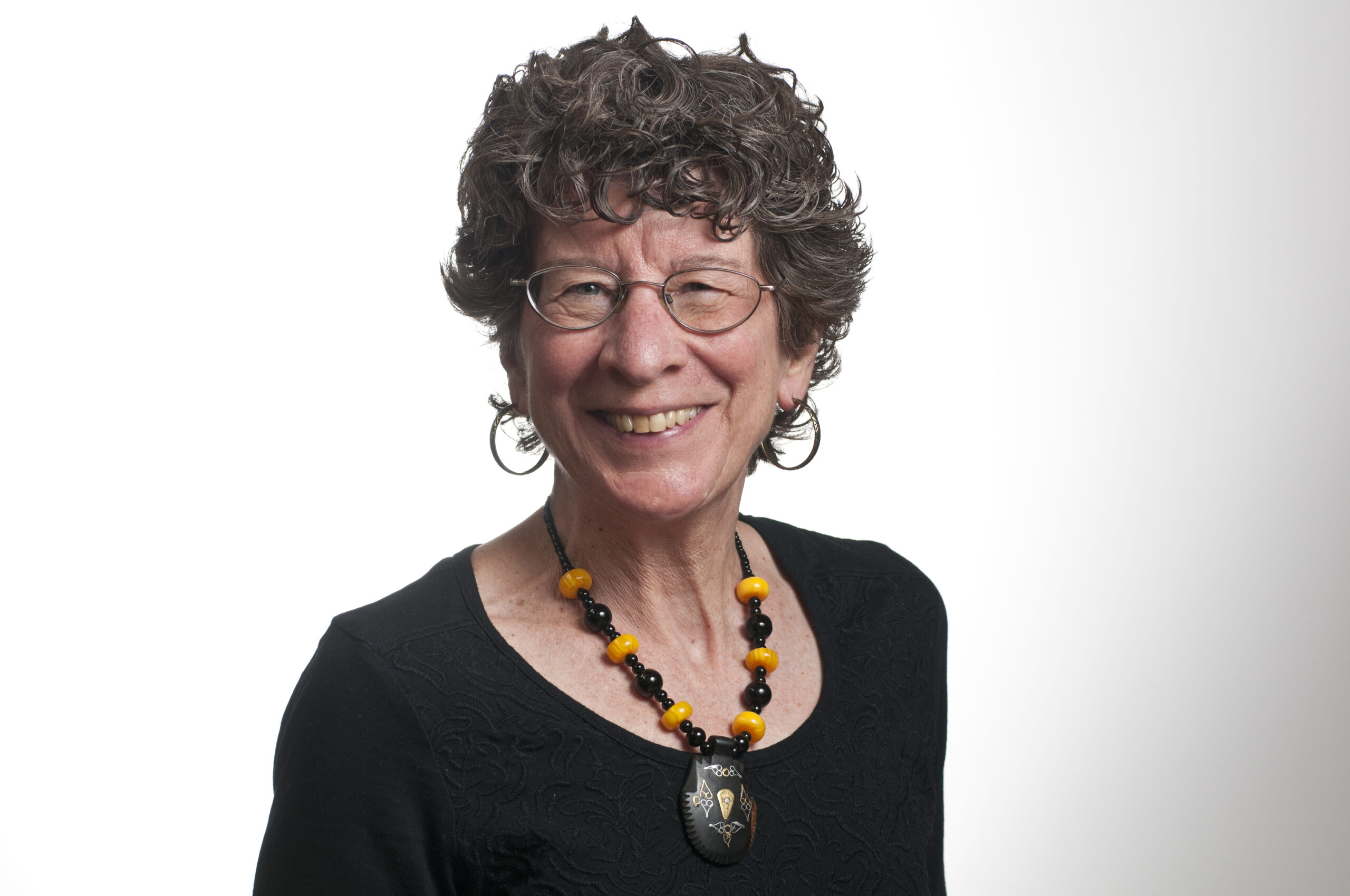Two years after Muslim leaders approached the Mennonites of Bobo Dioulasso, Burkina Faso, with the request to collaborate in purchasing a hearse, their dream was realized.
*Author’s note: On Jan. 23, a coup d’état ousted President Roch Marc Christian Kaboré. The stated pretext was Kaboré’s inability to manage the increasing Islamic insurgency. All of Mennonite Mission Network’s partners and workers in Burkina Faso are safe. Calixte Bananzaro, president of Eglise Evangélique Mennonite du Burkina Faso (Evangelical Mennonite Church of Burkina Faso) asks for prayer that bloodshed would be avoided, and that peace would be restored.
BOBO DIOULASSO, Burkina Faso (Africa Inter-Mennonite Mission/Mennonite Mission Network) — While Muslim-Christian violence often makes news headlines, a story of Muslim-Christian cooperation that began in late 2020 was celebrated with joyful good will on Oct. 13, 2021. On this day, Muslim leader, Ali Traoré, and a delegation from his community gathered in the courtyard of the Shalom Mennonite guesthouse in Bobo-Dioulasso, Burkina Faso, to dedicate a hearse that would serve both the Muslim and Christian communities.
The interfaith event took place during the Africa Inter-Mennonite Mission (AIMM) annual partnership council meetings. AIMM and Mennonite Mission Network jointly support ministries on the African continent.
In November 2020, Muslim community leaders commissioned Alice Tou to request a meeting with her pastor, Mennonite church leader, Siaka Traoré. (Ali and Siaka Traoré are not closely related. Traoré is a common name in Burkina Faso.) Siaka Traoré was guarded in his response, as many Mennonites in Burkina Faso have experienced persecution at the hands of their Muslim neighbors and from Islamic guerrilla fighters from outside the country. In fact, on the day of the hearse dedication, Traoré’s brother-in-law was in the hospital, recovering from an ambush by foreign jihadists that had taken place three days prior.
"In our country, tensions are high between Christians and Muslims," Siaka Traoré said while describing the reality of the past several years. "More than 5% of Burkina [Faso’s] people have been displaced, due to violence, and more than 2,000 [people] were killed last year [2020]. However, trusting in God’s protection, I agreed to a meeting [in November 2020]."
The Muslim leaders proposed that the Mennonites collaborate with them in the purchase of a hearse, as a step in uniting their divided community.
"This request surprised me, because many Muslim believers don’t want their dead to be defiled by any contact with non-Muslim people," Siaka Traoré said.
Siaka Traoré listened while Ali Traoré explained that they had been trying to procure a hearse for the past 30 years.
The Mennonites of Bobo Dioulasso discerned that working with their Muslim neighbors in their times of grief wouldn’t compromise their faith in Jesus. Rather, it was an opportunity to build bridges and show that Christians are people of compassion and peace.
On March 31, 2021, Siaka Traoré issued a request to North American Mennonites to join their brothers and sisters in Burkina Faso in building an understanding with the Muslim community. Less than two months later, with contributions from Mennonite and Muslim communities in Burkina Faso and North America, they were able to raise a sufficient amount of money to purchase the Corbillard de la Fraternité (Community Hearse, literally Hearse of the Brotherhood).
Oct. 13, 2021, in Bobo Dioulasso, Siaka Traoré (Mennonite pastor) and Ali Traoré (Muslim leader) dedicated the van their communities bought and converted into a hearse. Photographer: Lynda Hollinger-Janzen.
The October dedication brought together more than 30 people, representing the communities who had participated in the purchase of a Mercedes Sprinter 208 van — about 20 Mennonites who were gathered for the partnership council meetings, and about a dozen men from the Muslim community. The van was converted into a hearse by the residents of Bobo Dioulasso, to stretch the funds available. They installed windows and benches for family members, which surround the box that holds the deceased. This modification is in accordance with the funeral practices of Islam that prescribe a simple shroud for burial.
"Muslims don’t bury their dead in caskets," Siaka Traoré said, referring to their belief that all people are equal in death, despite the wealth they may have accumulated during their lives.
The celebration ended with a prayer, thanking God for the power of community unity and dedicating the hearse to be a blessing for grieving families.
Despite the COVID-19 pandemic, there were no deaths in the community that required the services of the Community Hearse for more than six weeks after the dedication.
"It was Alice Tou’s older sister who was the first to be transported by our hearse on Nov. 30," said Siaka Traoré.









